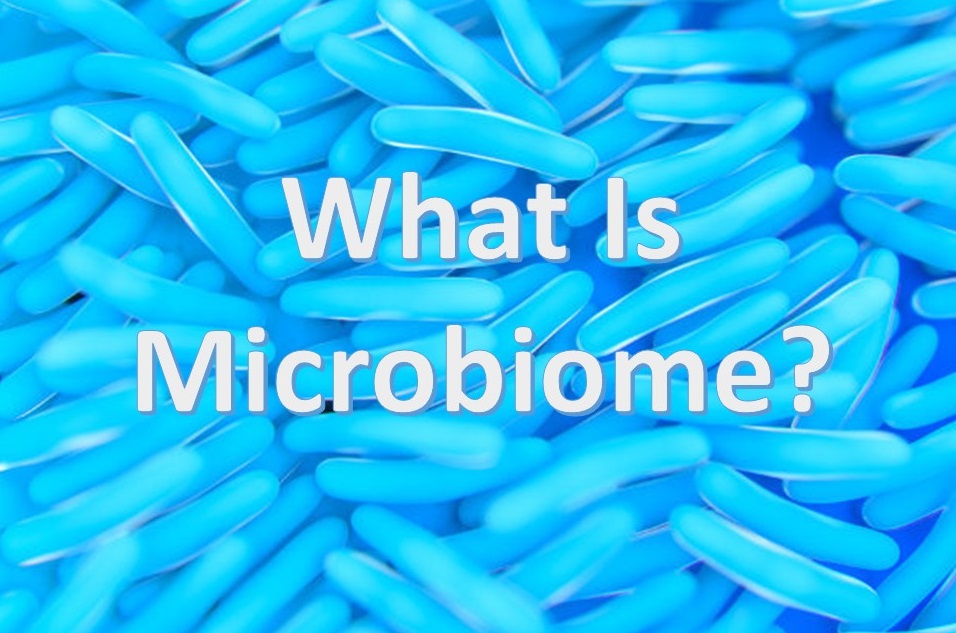Microbiome is a word that you may have heard of recently. It’s a word being used in increasing frequency to refer to our gut health. And our gut health is one of the hottest topics in the healthy field right now.
So I will begin here by sharing some background and practical info from time to time throughout 2018 on Microbiome as it is critical to our human health and well-being.
As a start, let’s go to the Webster’s Dictionary for the word Microbiome – “a community of microorganisms (such as bacteria, fungi, and viruses) that inhabit a particular environment and especially the collection of microorganisms living in or on the human body.”
I would quickly add, Microbiome does not only exists in and on human body, it exists in our environment as well. There are bacteria and fungi, and other microorganisms in soils, plants, animals, and even air. Yes, they are everywhere!
Some simple facts about human body’s microbiome:
- Our body is home to about 100 trillion bacteria and other microbes, collectively known as your microbiome.
- Microbiome is a complement of bacteria and other organisms on your skin, gums, and teeth, in your genital tract, and especially in your gut.
- Human Microbiome is relatively and generally very stable. However, that balance can be altered by introduction of external forces such as wide spectrum antibiotics.
- As cited by the NIH publication (1), “the current generation of antibiotics are broad spectrum and target broad swaths of the normal microbiota as well. Thus, antibiotics significantly affect the host’s (you) innate gut microbiota. Three to four days after treatment with the broad-spectrum antibiotic ciprofloxacin (commonly known as Cipro) the gut microbiota experience a decrease in taxonomic richness, diversity, and evenness.” – In short, it offsets the healthy microbiome balance in our guts and may cause long term regrettable health consequences.
- Furthermore, the same article says that it takes a long time (as in years) for the Microbiome to fully recover – “Indeed, the reestablishment of some species can be affected for up to four years following antibiotic treatment.”
Suffice to say that you and I all have Microbiome. As a matter of fact, we not only have the Microbiome, we ARE the Microbiome. That is, our Microbiome make up who we are genetically, biologically, psychologically and even emotionally.
Enough said for now, let’s watch a very nice video below by Dr. Greger as an intro for us on Microbiome. More to come on Microbiome in the future.
Source: www.nutritionfacts.org
(1) https://www.ncbi.nlm.nih.gov/pmc/articles/PMC3426293/

